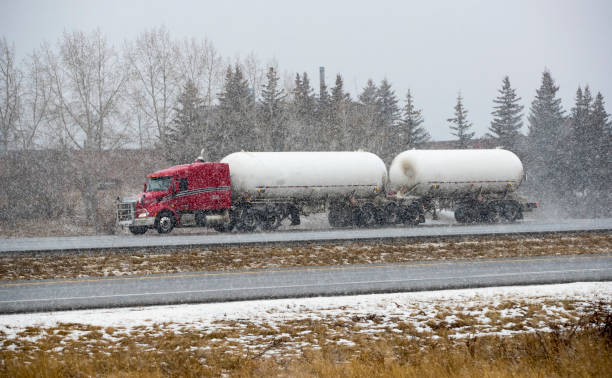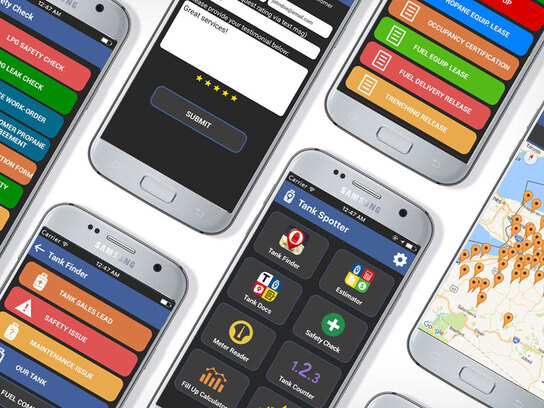Innovations Shaping Propane Delivery and Storage
The Future of Propane Through Technology The propane industry is undergoing transformation, driven by technological advancements that promise to enhance efficiency, safety, and sustainability in propane delivery and storage. These emerging technologies set a new standard for the sector, from intelligent monitoring systems to eco-friendly fuel alternatives. Here’s an overview of the critical innovations revolutionizing… Continue reading Innovations Shaping Propane Delivery and Storage
The Future of Propane Through Technology
The propane industry is undergoing transformation, driven by technological advancements that promise to enhance efficiency, safety, and sustainability in propane delivery and storage. These emerging technologies set a new standard for the sector, from intelligent monitoring systems to eco-friendly fuel alternatives. Here’s an overview of the critical innovations revolutionizing propane delivery and storage.
Smart Monitoring Systems
Remote Tank Monitoring: Wireless sensors now enable remote monitoring of propane levels, allowing for more efficient refill scheduling, reducing the risk of runouts, and optimizing delivery routes.
Mobile Applications: Custom apps provide suppliers and customers with real-time data on tank levels, consumption patterns, and delivery schedules, enhancing both transparency and convenience.
Advanced Delivery Systems
Automated Routing Software: Leveraging GPS and data analytics, this software optimizes delivery routes, considering factors like traffic, weather, and customer demand, thereby saving time and fuel.
Sustainable Storage Solutions
Composite Propane Tanks: Lighter and more durable than traditional steel tanks, composite tanks are corrosion-resistant, offer extended lifespans, and are easier to handle and transport.
Underground Storage Innovations: Enhanced materials and construction techniques for underground propane tanks improve safety and reduce environmental impact, minimizing the risk of leaks and soil contamination.
Eco-Friendly Propane Alternatives
Bio-Propane Development: Produced from renewable sources such as vegetable oils and animal fats, bio-propane offers a greener alternative with a significantly lower carbon footprint than conventional propane.
Hybrid Systems: Integrating propane with renewable energy sources, such as solar panels, to create hybrid systems that provide a reliable energy supply while reducing reliance on fossil fuels.
Safety and Efficiency Enhancements
Leak Detection Technology: New sensors provide immediate alerts in the case of propane leaks, significantly improving safety for storage facilities and end-users.
Automated Tank Refilling: Systems that automatically trigger a refill request when propane levels reach a predetermined point, ensuring continuous supply without manual intervention.
Training and Education Platforms
Virtual Reality (VR) Training: VR simulations for training propane handling and emergency response procedures offer a safe and effective way for workers to gain practical experience without the risks associated with real-life training.
A New Era for Propane
The propane industry’s embrace of technology marks the beginning of a new era characterized by greater efficiency, safety, and environmental responsibility. As these emerging technologies develop and gain adoption, they promise to reshape the realm of propane delivery and storage, meeting the demands of a world increasingly focused on sustainability and innovation. The future of propane is bright, with technology leading the way towards a more efficient and eco-friendly approach to energy delivery and storage.



